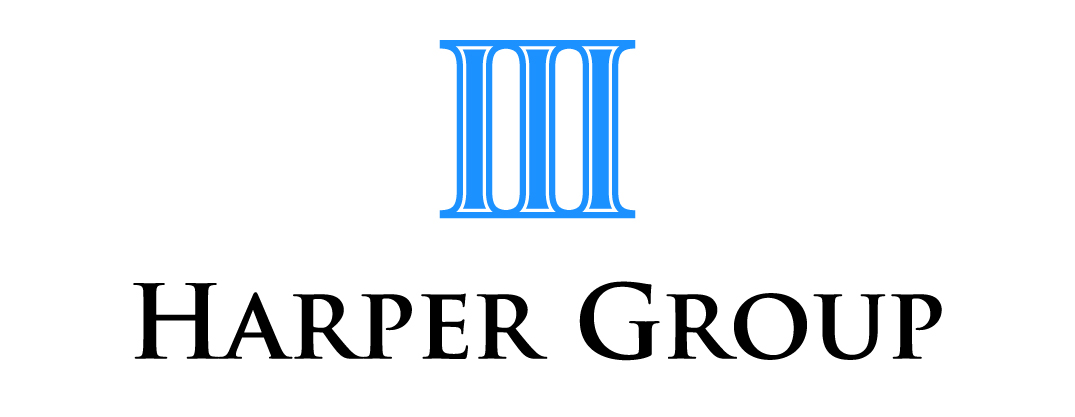Rental Property Deductions – Avoiding Common Tax Traps
Rental Property Deductions – Avoiding Common Tax Traps
The Australian Taxation Office (ATO) has ramped up its scrutiny of rental property deductions, with audits revealing that nearly 90% of tax returns reviewed contain errors. If you own a rental property, it’s crucial to understand the key issues the ATO is targeting and ensure that your claims are compliant.
1. Interest Deductions – Are You Getting It Right?
One of the most common errors landlords make is incorrectly claiming interest on loans. If you’ve refinanced your investment loan and used part of the borrowed funds for private purposes—such as buying a new car or funding a holiday—you cannot claim the interest on the personal portion of the loan.
To remain compliant:
Keep clear records of how loan funds are used.
If part of the loan is for private use, only claim the portion that relates to the rental property.
Consider separate loans for personal and investment use to avoid confusion.
2. Capital vs. Repairs – Understanding the Difference
Another common mistake is claiming capital improvements as repairs. The ATO differentiates between:
Repairs: Fixing wear and tear, such as replacing a broken window or patching a damaged wall. These are deductible immediately.
Capital improvements: Enhancements that increase the property’s value, such as installing a new kitchen or adding an extension. These must be claimed as depreciation over time.
To avoid disputes with the ATO:
Keep all invoices and descriptions of work done.
If replacing an item, document whether it is a ‘like-for-like’ repair or an upgrade.
3. Genuinely Available for Rent – Proving Your Case
If your property is a holiday home or only rented occasionally, you need to prove that it was genuinely available for rent. The ATO may disallow deductions if they believe the property was primarily used for private purposes.
Best practices include:
Advertising your property widely (not just to friends and family).
Setting a competitive rental price.
Not restricting tenants with unreasonable conditions.
If you block out peak seasons for personal use or impose excessive restrictions (e.g., “no pets, no children, minimum 14-day stays”), the ATO may view your rental activities as personal rather than investment-driven.
4. Travel Expenses – No Longer Deductible
Since 2017, landlords can no longer claim travel expenses related to inspecting or maintaining their rental properties unless they are carrying on a rental business. If you’re managing multiple rental properties at a large scale, speak to your accountant about whether you qualify as running a business.
Key Takeaways
Ensure interest deductions are properly apportioned.
Distinguish between repairs and capital improvements.
Prove your rental property is genuinely available for lease.
Be aware that travel expenses are no longer deductible.
For property investors, keeping detailed records and seeking professional advice is essential. The ATO’s audit activities are only increasing, so it pays to get your claims right from the start.
Harper Group Pty Ltd – Chartered Accountants Frankston - Ph 9770 1547
Disclaimer: All information provided in this article is of a general nature only and is not personal financial or investment advice. Also, changes in legislation may occur frequently. We recommend that our formal advice be obtained before acting on the basis of this information.
Please note we at Harper Group Pty Ltd are not licensed to provide financial product advice under the Corporations Act 2001 (Cth) and taxation is only one of the matters that must be considered when making a decision on a financial product, including on whether to make superannuation contributions. You should consider taking advice from the holder of an Australian financial services license before making a decision on a financial product.

